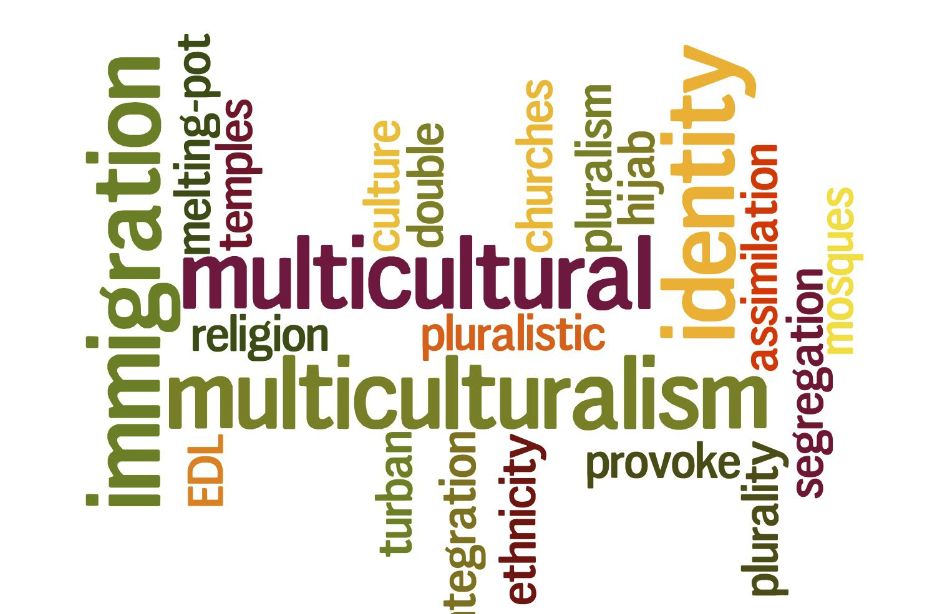
Jhumpa Lahiri, a prominent Indo-American author, is acclaimed for her insightful depictions of diasporic experiences. This research delves into the complexities of identity construction in Lahiri's works, with a particular focus on her engaging short story, "When Mr. Pirzada Came to Dine." The study examines the challenges faced by individuals navigating dual cultural worlds, centering on the character of Lilia and her responses to multicultural experiences. This analysis reveals the continuous process of identity formation within a multicultural context. Grounded in Homi K. Bhabha's theoretical framework, the research explores concepts of cultural hybridity and the third space. The third space is conceptualized as a neutral cultural zone that transcends binary oppositions, allowing for the emergence of alternative identities. Cultural hybridity is examined as a method of balancing diverse practices, values, and customs associated with different cultures. Through an in-depth analysis of Lahiri's writings, the study offers crucial insights into the challenges of cultural identity construction and the difficulties encountered by individuals straddling multiple cultural realms. The exploration of cultural hybridity and the third space enriches the understanding of identity formation. The findings are expected to contribute significantly to the broader discourse on identity construction, illustrating how Lahiri’s work continues to inspire and resonate with literary enthusiasts.
